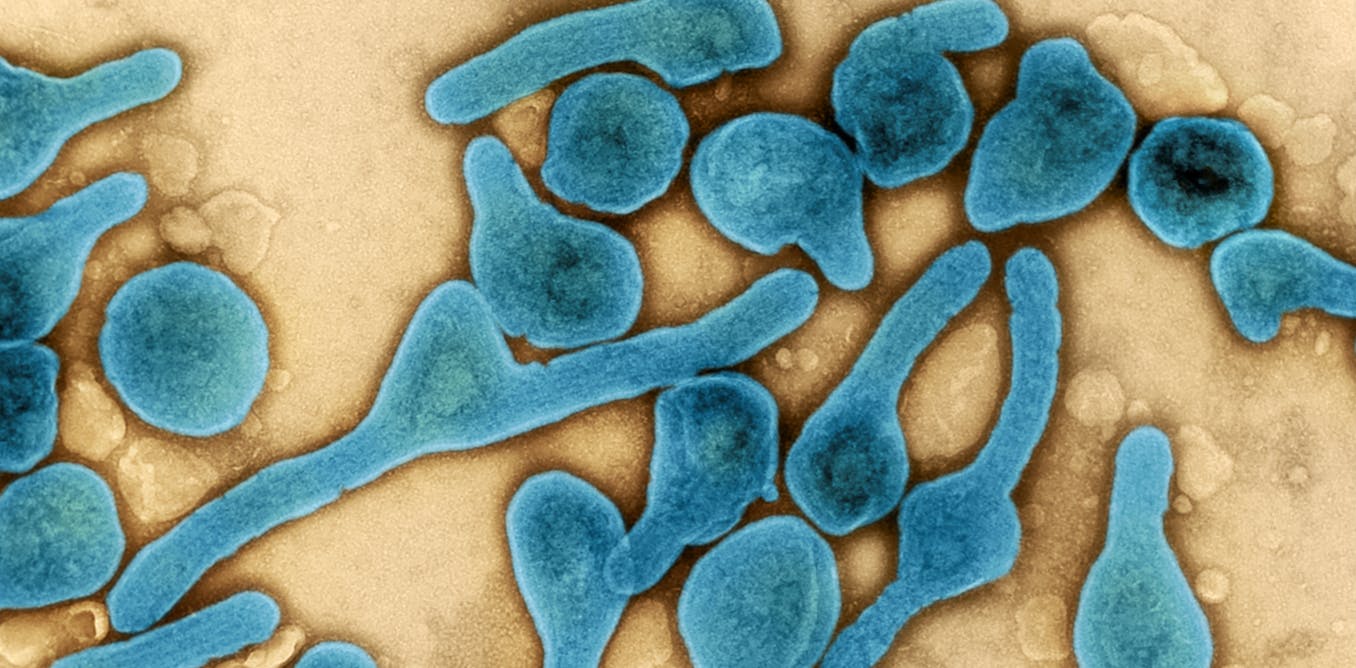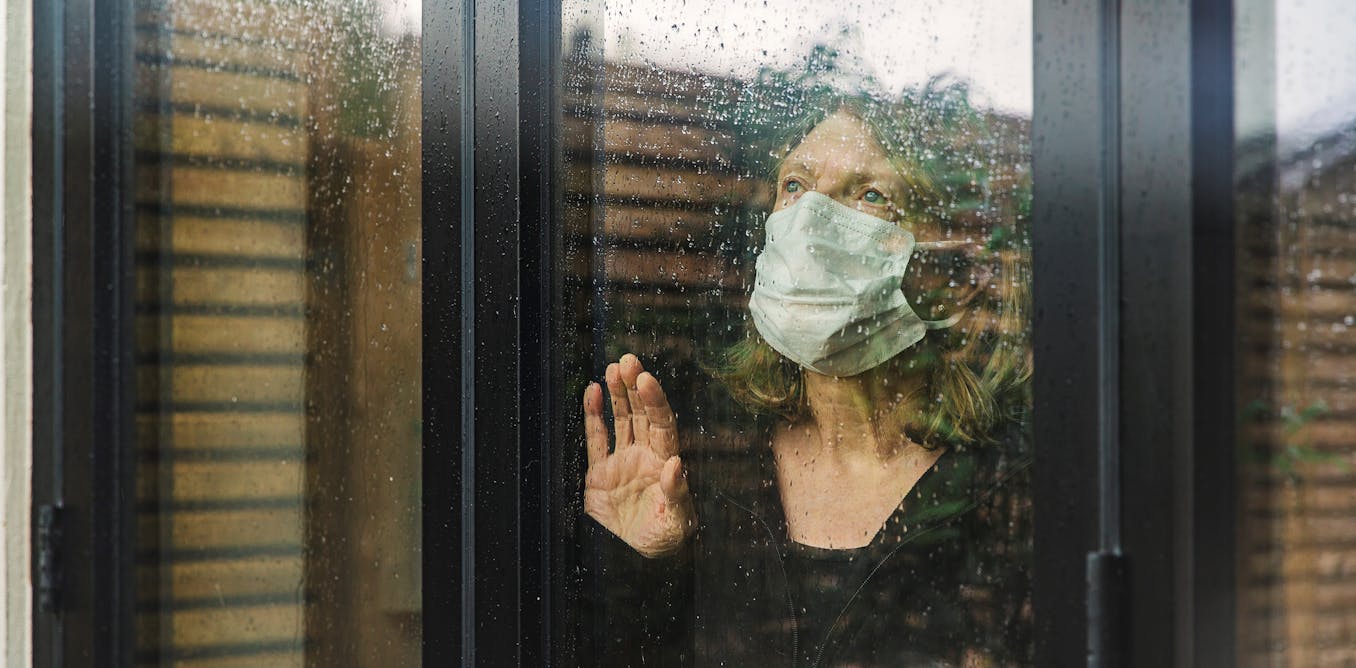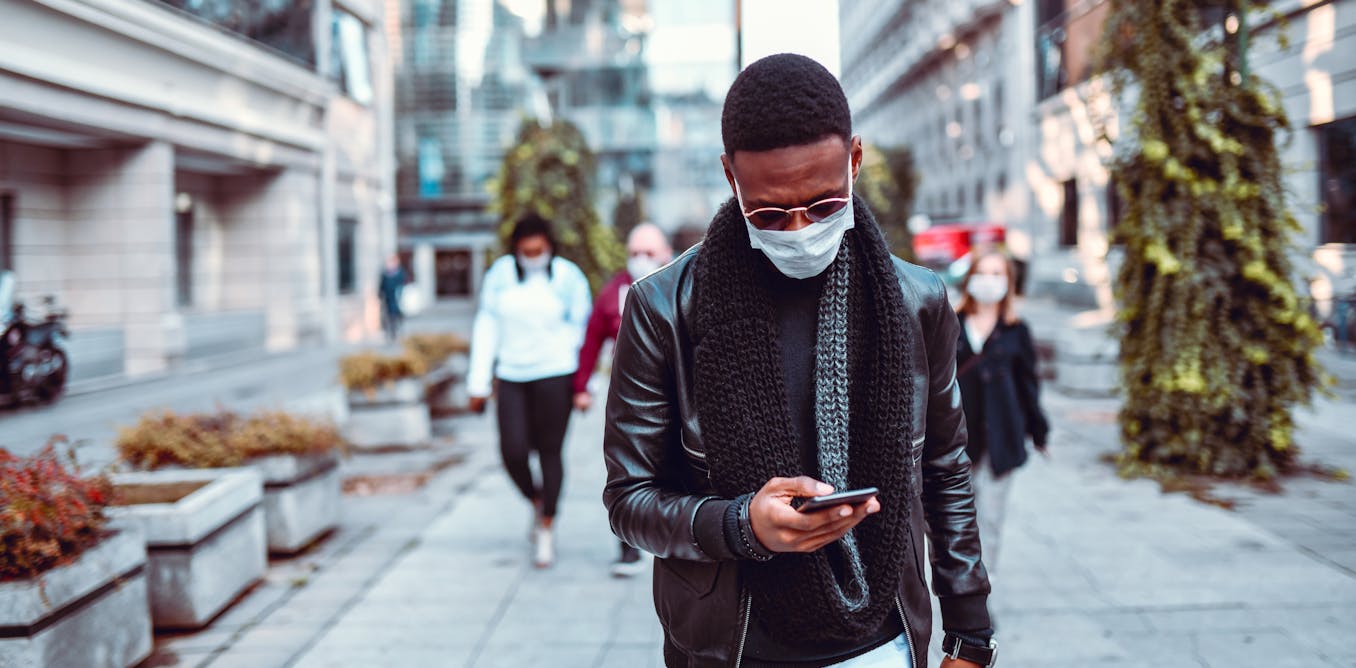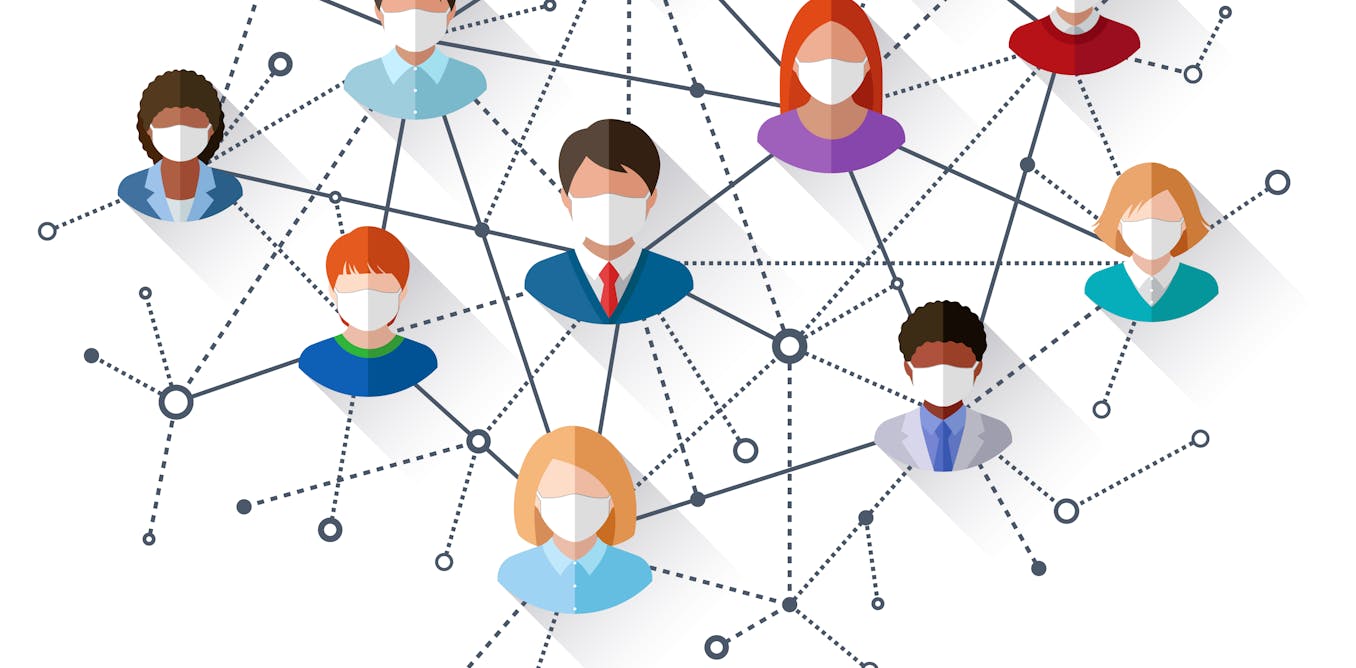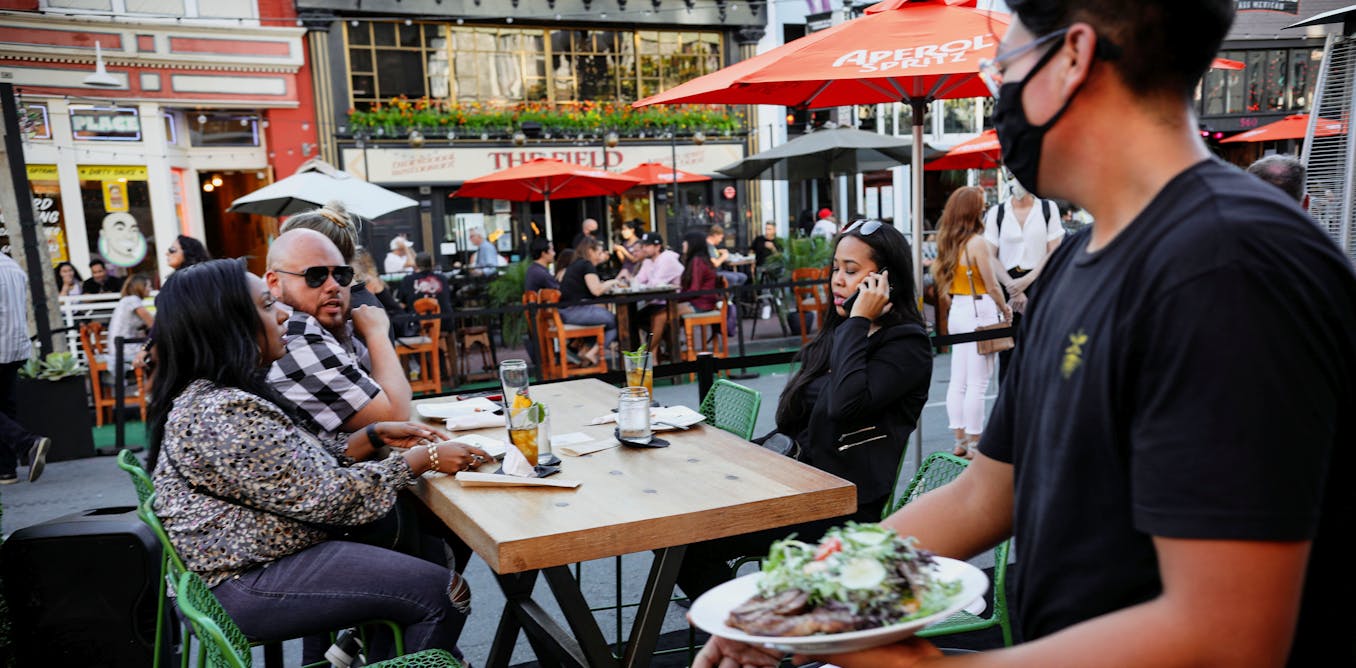Public health surveillance, from social media to sewage, spots disease outbreaks early to stop them fast
Rather than winging it when an unusual health event crops up, health officials take a systematic approach. The goal is to quickly figure out what’s going on and squash any outbreak before it spreads.
Nov. 21, 2024 • ~9 min


